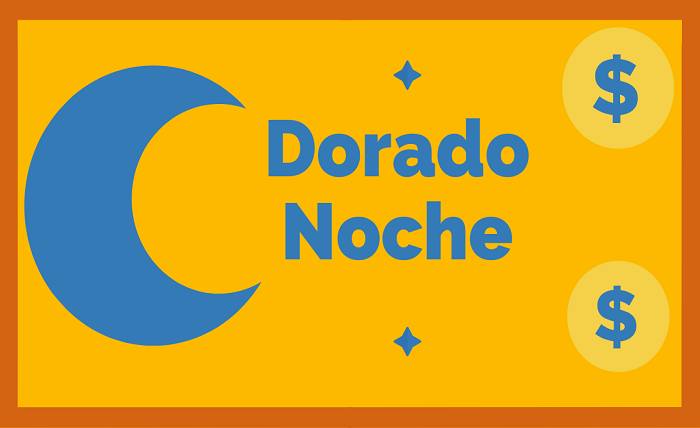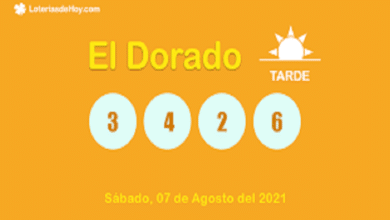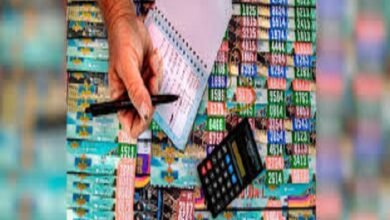Qué Jugó Dorado Tarde: A Deep Dive into the Golden Hour of Sports and Entertainment

Introduction
The phrase “qué jugó dorado tarde” translates to “what played golden late,” a term that evokes images of golden sunsets and evening games. This concept, though seemingly straightforward, holds a rich tapestry of cultural, historical, and entertainment-related significance. In this blog post, we’ll explore the various facets of “qué jugó dorado tarde,” from its origins to its impact on sports, entertainment, and beyond.
Historical Origins of Qué Jugó Dorado Tarde
The concept of “qué jugó dorado tarde” has deep historical roots. In many ancient cultures, the late afternoon or early evening was considered a sacred time, often associated with important rituals and ceremonies. For instance, in ancient Greece, many athletic events were held during this time to honor the gods. The phrase “qué jugó dorado tarde” captures this blend of reverence and celebration.
The Golden Hour in Sports
In modern sports, “qué jugó dorado tarde” refers to the prime time for games and matches. This period is often chosen for its optimal lighting conditions and the convenience it offers to spectators. Whether it’s a football match, a baseball game, or a tennis tournament, the golden hour provides an ideal setting. The term “qué jugó dorado tarde” is synonymous with excitement and high stakes in the world of sports.
Evening Entertainment: Concerts and Shows
The entertainment industry also embraces “qué jugó dorado tarde.” Many concerts, theater performances, and outdoor shows are scheduled during this time to capture the magic of the setting sun. The ambiance created by the golden light adds a unique charm to these events, making “qué jugó dorado tarde” a favorite among performers and audiences alike.
The Cultural Significance of Golden Hours
“Qué jugó dorado tarde” holds significant cultural importance across the globe. In many traditions, this time is associated with storytelling, family gatherings, and communal activities. The golden hour serves as a bridge between day and night, symbolizing transition and reflection. The phrase “qué jugó dorado tarde” encapsulates this cultural richness and continuity.
The Impact on Broadcasting and Media
Television and radio broadcasting schedules often revolve around “qué jugó dorado tarde.” Prime time slots are strategically chosen to coincide with this period, ensuring maximum viewership and listener engagement. From news programs to entertainment shows, the golden hour is a crucial element in the media landscape. “Qué jugó dorado tarde” thus plays a pivotal role in shaping media consumption patterns.
Photography and the Golden Hour
Photographers and filmmakers highly value the golden hour, often referred to as “magic hour.” The soft, warm lighting conditions are ideal for capturing stunning visuals. Whether it’s a landscape shot or a portrait, the results are invariably enchanting. The concept of “qué jugó dorado tarde” is celebrated in the visual arts for its unparalleled beauty and aesthetic appeal.
Outdoor Activities and Recreation
For outdoor enthusiasts, “qué jugó dorado tarde” is the perfect time for activities like hiking, cycling, and picnicking. The cooler temperatures and beautiful lighting conditions make these experiences even more enjoyable. Many parks and recreational areas are busiest during this time, reflecting the widespread appreciation for the golden hour.
Economic Implications of Evening Events
The economic impact of “qué jugó dorado tarde” is significant. Events scheduled during this time often see higher attendance and increased spending on tickets, merchandise, and refreshments. Local businesses, especially those in the hospitality and retail sectors, benefit from the influx of customers. The phrase “qué jugó dorado tarde” thus carries considerable economic weight.
Psychological and Emotional Effects
The golden hour has profound psychological and emotional effects. The natural beauty and tranquility of this time can boost mood and promote relaxation. Many people find solace and inspiration in the golden hour, making “qué jugó dorado tarde” a cherished part of their daily routine. Its calming influence is well-documented in psychological studies.
Future Trends in Golden Hour Events
Looking ahead, the concept of “qué jugó dorado tarde” is likely to evolve with technological advancements and changing cultural preferences. Virtual and augmented reality could enhance the experience of golden hour events, while sustainable practices might shape how these events are organized. The enduring appeal of “qué jugó dorado tarde” suggests it will remain a beloved tradition for generations to come.
Conclusion
The phrase “qué jugó dorado tarde” encompasses a wide array of activities and experiences, all united by the magical allure of the golden hour. From its historical origins to its modern-day significance in sports, entertainment, and beyond, “qué jugó dorado tarde” represents a unique blend of beauty, culture, and excitement. As we continue to cherish and celebrate this special time, its impact on our lives remains profound and enduring.
FAQs
1.What is the significance of “qué jugó dorado tarde”?
“Qué jugó dorado tarde” refers to events and activities that take place during the golden hour, typically late afternoon or early evening, known for its optimal lighting and cultural significance.
2.Why is the golden hour important in photography?
Photographers value the golden hour for its soft, warm light, which creates stunning and aesthetically pleasing visuals.
3.How does “qué jugó dorado tarde” impact sports events?
Many sports events are scheduled during the golden hour to benefit from favorable lighting conditions and increased spectator engagement.
4.What economic benefits are associated with “qué jugó dorado tarde”?
Events held during the golden hour often see higher attendance and spending, benefiting local businesses, especially in hospitality and retail sectors.
5.How does “qué jugó dorado tarde” affect psychological well-being?
The natural beauty and tranquility of the golden hour can boost mood and promote relaxation, making it a cherished time for many people.




